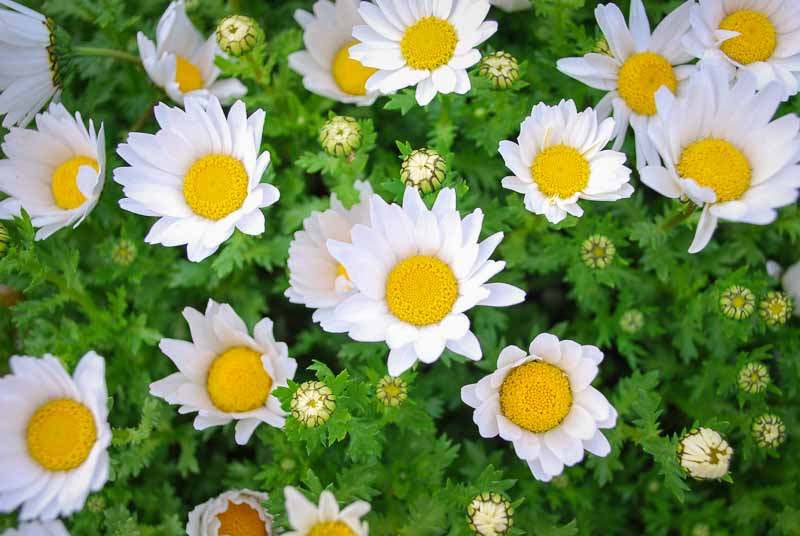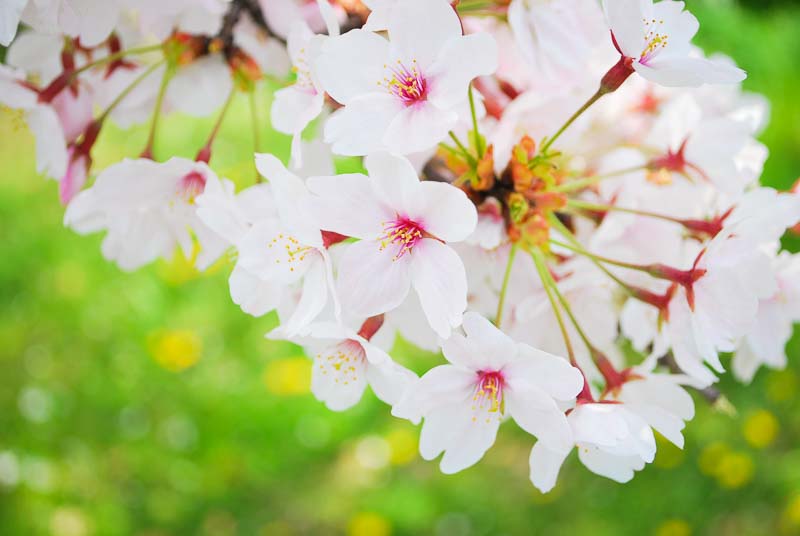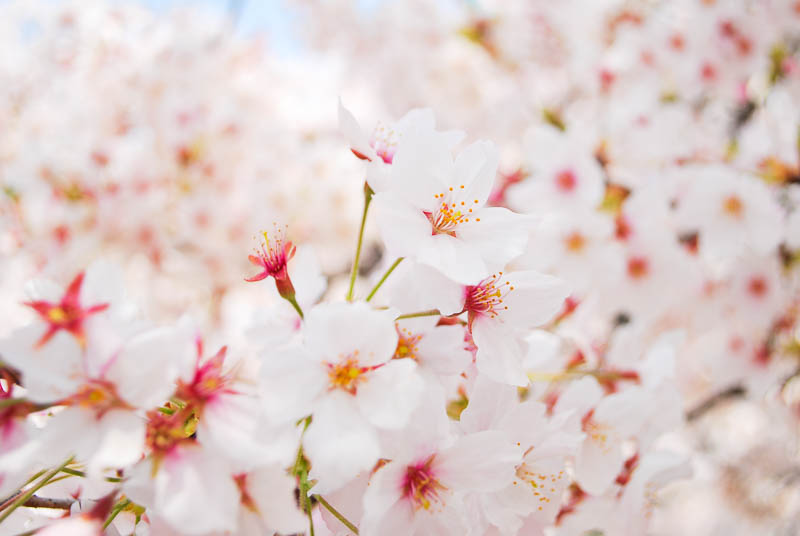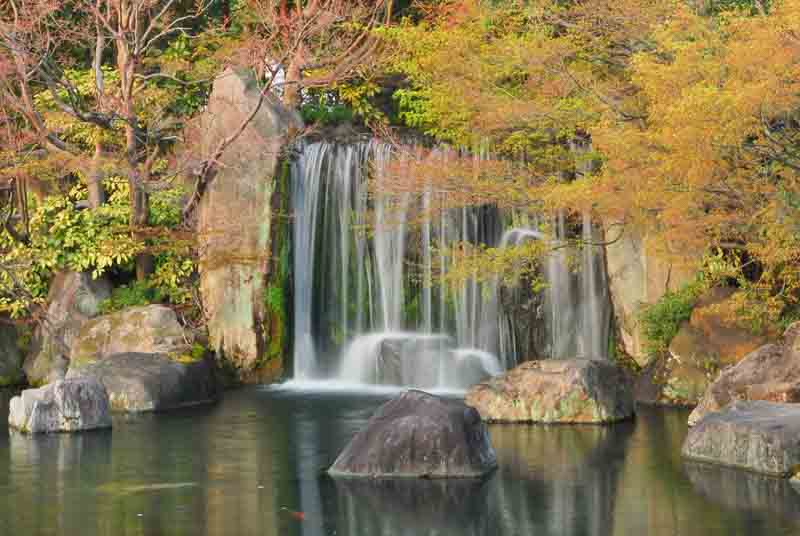
佛说五乘佛法中,究竟来说,唯一佛乘。要修证唯一佛乘,须从人乘入门,因为人乘是其它四乘与究竟佛乘的基础,若舍人乘而高谈佛乘,犹如纸上画高楼,华而不实。唯佛宗世界人乘佛教,教大家将学佛的基础建立在如何做人上面,所谓“人成即佛成”,“学佛先学做人”,进而学菩萨、做菩萨、证菩提、行菩萨道,由菩萨而成佛,就叫“人乘入佛”,所以人乘佛教主张:
人乘佛子,
乘人之乘,
行菩萨道,
直达佛地。

佛说五乘佛法中,究竟来说,唯一佛乘。要修证唯一佛乘,须从人乘入门,因为人乘是其它四乘与究竟佛乘的基础,若舍人乘而高谈佛乘,犹如纸上画高楼,华而不实。唯佛宗世界人乘佛教,教大家将学佛的基础建立在如何做人上面,所谓“人成即佛成”,“学佛先学做人”,进而学菩萨、做菩萨、证菩提、行菩萨道,由菩萨而成佛,就叫“人乘入佛”,所以人乘佛教主张:
人乘佛子,
乘人之乘,
行菩萨道,
直达佛地。

人乘佛教推行幸福文化于全世界,为了全人类的幸福,提倡优生之道,以五戒为基础,戒邪淫;夫妻为了生产身体健康、智慧聪明的儿女,又有十种禁戒,以为遵循(详细请参考圣开导师著作《法雨缤纷》第一集“提倡优生之道”);此外,在家中不可阅读诲淫诲盗以及一切不良的书刊读物,多看有益身心的益智书籍,或佛教读物,经常体会菩萨的行愿,仰慕圣贤的风范,伟人救人利世的行为,断除一切迷信,如此,可感善神拥护,智者降胎,能生脱俗超群,智能优秀的儿女,所以优生学是值得提倡的。
另注:圣开导师著作《法雨缤纷》第一集“提倡优生之道” :佛教传入中国,数千年来,佛教成为中华文化的主流,与中华之儒教,形成了不可分离的中华文化。在人乘佛教乃以五戒为基础,五戒中的第三条,即是戒邪淫,所谓邪淫者:
(一)非夫非妻。
(二)非时非地。
(三)非男女根。
(四)人畜之间。
(五)非成年者。
(六)非分非为。
(七)药物催眠。
(八)利诱强奸。
(九)违背人伦。
(十)违反道德。
就是夫妻之间的正淫,尚须具有:
(一)非时非地不可行淫。
(二)饭后酒后不可行淫。
(三)大雨雷电不可行淫。
(四)大暑大风不可行淫。
(五)男女不洁不可行淫。
(六)心情愁闷不可行淫。
(七)远行远归不可行淫。
(八)有病有恼不可行淫。
(九)日间愦闹不可行淫。
(十)身体虚弱不可行淫。
为了优生,以上所列如有犯之者,都叫做邪淫,何况上述十种邪淫,更是不可犯。故未结婚之青年男女,是应守贞不淫才是。
夫妇淫事,如能选择;夫欢妻悦,无病无恼,身体健康,心情安泰,天朗气清,精神爽利的晚上,行其闺房之乐,如适逢其时,必生优秀儿女。
至於闺房的布置,必须空气流通,光缐充足,布置脱俗,简单柔美,注重卫生。夫妇俩多看有益身心的益智书籍或佛教读物,体会菩萨的行愿,仰慕圣贤的风范,断除一切迷信,如此,可感菩神拥护,智者降胎,能生脱俗超群,智能优秀的儿女, 所以优生学是值得提倡的。

人乘佛教提倡“菩萨禅”,“动中修”。
过去有“如来禅”、“祖师禅”,圣开导师推行人乘佛教,提倡“菩萨禅”。我们现代人每天都在忙,忙中也要修禅,就叫“菩萨禅”。菩萨禅的修法,就在动中修,行中修,忙中修。
工作再忙,没有时间,对于学佛,毫无妨碍,愈忙的人,愈好修行,要紧的是,大家不要把学佛当作迷信,认为一定要到山里面去,或到寺院打坐、参禅、念佛才叫学佛。比如在工作的时候,虽然手口在动,但就在此动中修,在忙的同时,心里不要胡思乱想,口里不要胡言乱语,一心一意,专心工作,与佛同在,自净其意,就是学佛,而且是真正的学佛。只要如此修持,其智慧福报,都会随之増长。

问:倘若每一个人都出家修行去,那大家要吃什么、喝什么?那世界不是乱糟糟?
师答:假使都来学佛了,那就太好太好了!那这个世界不是变成极乐世界了吗!十方的佛国,几乎很多很多人都跟佛出家,佛国太多,我们只举一个例:以西方极乐世界来讲,我们到了极乐世界以后,那里都是出家人了,因为都是出家人啊,所以在那里出家也不用剃头,也不要穿出家人的衣服,而且那里没有男女相,就是因为没有男女相,也不结婚了,所以大家统统算出家了。西方极乐世界都是出家人,那个世界繁荣快乐,是其他任何世界不能比的,而且要想吃什么,就有什么吃,自然的变化;要想穿什么衣服,就有很漂亮的衣服来给他穿。大家不用烦恼说:我们要去赚钱啦,要买米呀、要吃饭呀,不会有这种考虑。那个地方也没有小偷、没有强盗、没有土匪、没有骗子、没有派出所,也没有法院。那我们这个世界,就是有男女相,哎呀!贪嗔痴慢疑,杀盗淫妄酒,这个世界变得乌烟瘴气,叫苦连天,所以我们这个世界上,你想想看,到处有警察局,到处有法院,哎呀!到处的监狱里啊,有人满之患,还有鬼神、有畜生、有人间地狱,这些在西方极乐世界就没有啊,大家都快乐啊!也没有地狱,也没有畜生,也没有鬼神,你看看那多好啊!假使我们这个世界大家都不结婚,大家都出家,你想这个世界有多好!
我相信有的人会再问:“圣开法师啊,你这么讲,人从那里来啊?”其实没有关系,他方世界的菩萨都会到这里来修行,就像西方极乐世界、东方琉璃世界一样,也是他方修行的众生可以随愿往生;就是释迦牟尼佛时代,讲经说法时,也有他方佛国的菩萨们来听经的。因为我们这个娑婆世界太苦了,五浊恶世太污染了,空气太不好了,所以他们就回去了。假使我们这个世界也是像极乐世界,我相信很多菩萨他们来到这里,他们甚至于说永久居住在这里,居留在这里,定居在这里,不想回去了。
其实大家不知道啊,生老病死,苦啊!苦啊!因为我们苦习惯了,以苦为乐,很苦的事情他都认为很快乐。所以认假作真,实际上明明是假的,哦!认真得不得了!认假作真。以非为是,很多明明是不对的,大家以非为是,认为他是对的。假使说有十个人开会,有一个人讲的是对的,可是他只有一个人,没有人赞成他对的。假使有九个人统统说得不对,九个人举手赞成说:这个道理我们相信。那好了,这下子不对的也变成对的,黑的就变成白的。所以今天这个世界是黑白不分的世界,就是颠倒是非的世界。
我们为什么要学佛呢?学佛就是要知道佛教所阐扬的真理。所谓真理,苦就是苦,乐就是乐,黑的就是黑的,白的就是白的,要把这个真正不变的道理,我们都要知道,那大家才能够得到快乐。